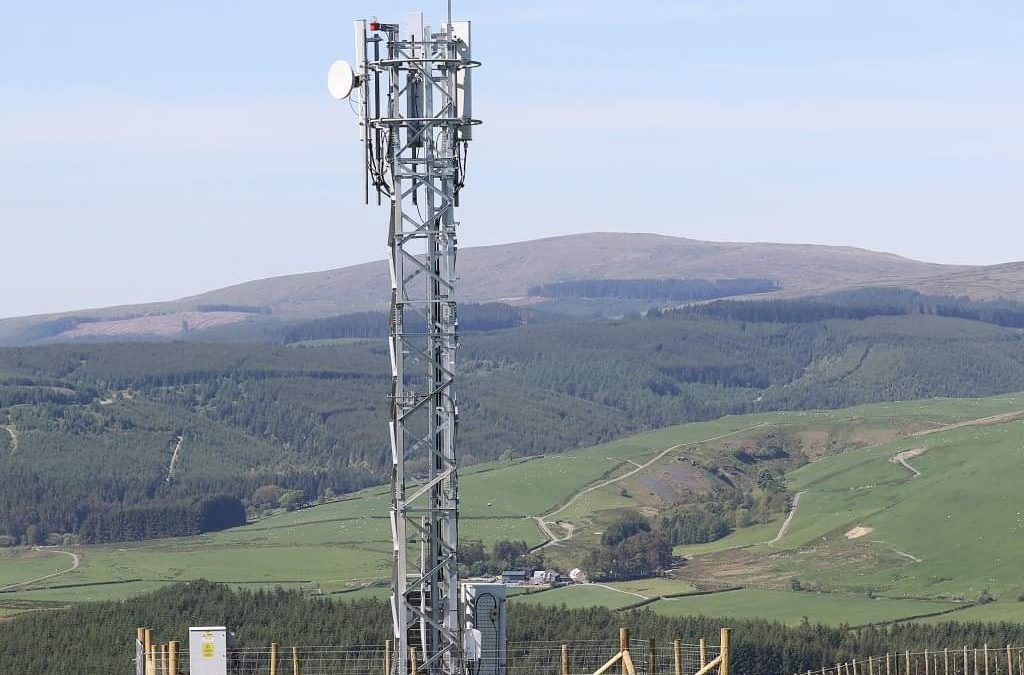-WORLD ECONOMIC FORUM
Marking a significant step towards eco-friendly space exploration, Japan and NASA are set to launch the world’s first wooden satellite, aptly named LignoSat. This ground breaking initiative aims to address the growing concerns of space debris and pave the way for a more sustainable future in orbit.
Traditional satellites, built with aluminum, release harmful particles when they re-enter Earth’s atmosphere, potentially damaging the delicate ozone layer. LignoSat, however, will burn completely during re-entry, leaving no harmful trace behind.
Magnolia: The Wood of Choice
After extensive research, magnolia wood emerged as the ideal material for LignoSat. Kyoto University scientists conducted experiments by sending wood samples into space, where magnolia displayed exceptional workability, strength, and resilience in the harsh vacuum of low-Earth orbit.
Beyond its environmental advantages, LignoSat holds the potential to tackle the issue of space junk. Electromagnetic waves can easily pass through wood, allowing for the containment of instruments within the satellite’s structure. This eliminates the risk of instruments detaching and becoming debris, contributing to a cleaner and safer space environment.
With over 8,000 active satellites currently orbiting Earth, the issue of space pollution demands immediate attention. LignoSat represents a bold step towards a greener future for space exploration, paving the way for more sustainable and responsible orbital activities.
limate change is taking a mounting toll on Europe’s forests, as extreme heat and drought increase the risk of deadly wildfires. Nearly 900,000 hectares of EU land was burned in forest fires last year, an area roughly the size of Corsica.
The degradation of Europe’s forests spells trouble since their CO2-storing capacity is needed to meet climate targets and protect surrounding areas from flooding.
On Wednesday, the Commission proposed a law that would see Brussels collect forest data from the EU’s Copernicus Sentinel satellites. EU member states would also be obliged to gather ground measurements of trends including the areas available for logging, the volume of trees and the location of ancient forests.
“We need to see the trends, need to predict better, we need to see how they are responding to climate change,” EU Environment Commissioner Virginijus Sinkevicius told Reuters.
“At this moment there are no comprehensive monitoring requirements to provide an overall picture of the state of our forests,” he said.
The new data will also help track other risks, like illegal logging, across national borders, Sinkevicius said.
The EU has clashed with countries including Poland over this issue. The European Court of Justice ruled in March that Poland’s policy of allowing logging during birds’ breeding seasons breached EU environment laws. The court also ruled in 2018 against Warsaw’s authorisation of logging in the ancient Bialowieza forest.
Campaign group Fern welcomed the EU proposal as “a potentially golden opportunity” to provide the data needed to protect Europe’s forests. However, the group said the law should go further and compel EU countries to then take action to improve forests’ health.
Brussels says forest data currently provided by member states has gaps and often long delays, hampering their ability to prepare for climate hazards.
Related posts
Global | Didi Angaye Earns A Distinction Award, Another Feather To The Cap
On a bright sunny day, in the month of July, 2024, the prestigious Staffordshire University located in the West Midlands of England organised its Award giving and Graduation ceremony to honour graduates of various educational programmes and courses which it offers. Didi Timipah Angaye,…
Olu Of Warri Bags Award In UK, Wife Advocates Return To Cultural Values
The Olu of Warri, Ogiame Atuwatse III, has received the Leadership and Community Development award at the 14th African Achievers Awards (AAA), which took place at the Parliament House, United Kingdom. The award was presented by a member of the House of Lords, London, Rt…
Brit Awards | Asake, Burna Boy And Other ‘New Cats’ Get Nominations
Nigerian singers Burna Boy, Asake, and Rema have been nominated for the 2024 Brit Awards. The nomination list for the annual music awards show was released on Wednesday 25, January 2024. Burna Boy and Asake made the ‘Best International Artiste’ category, while ‘Calm…
Brit Awards 2024 | The Full List Of Artist(e)s
This year’s Brits nominees have been revealed ahead of the ceremony in London in March. Dua Lipa is the first star confirmed to perform at the event – but how many awards is she up for? Musicians including Raye, Central Cee, J Hus and Blur are also…
Top 10 Cryptocurrencies To Invest in January 2024
-Michael Adams From Bitcoin and Ethereum to Dogecoin and Tether, there are thousands of different cryptocurrencies, making it overwhelming when you’re first getting started in the world of crypto. To help you get your bearings, these are the top 10 cryptocurrencies based on their market…
The Risk And Reward Of ChatGPT In Cybersecurity
Juan is an experienced CTO with a demonstrated history of working in the computer and network security industry. He is an information technology professional skilled in SAP and Oracle applications, computer forensics, vulnerabilities research, IPS/IDS and information security. Unless you’ve been on a retreat in…
Explained – History Of Money From Fiat To Crypto
What is money? Money as a concept has been a cornerstone of human civilization and economic development. To start with the latter, money is a method of storing value and worth, and it also functions as a medium of exchange that allows individuals to exchange…
Studies Show That Nigerian Crypto Foreign Investment Is At A Record Low
Foreign direct investment in Nigeria fell by 33% last year due to a severe shortage of dollars, which discouraged crypto companies from expanding into the country. The largest economy in Africa has a foreign investment problem despite exponential growth in crypto adoption. The National Bureau…












